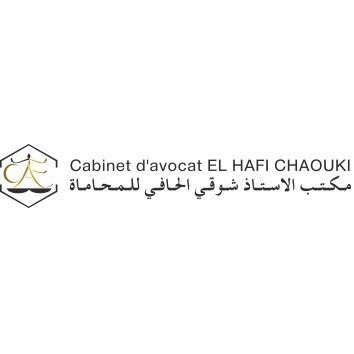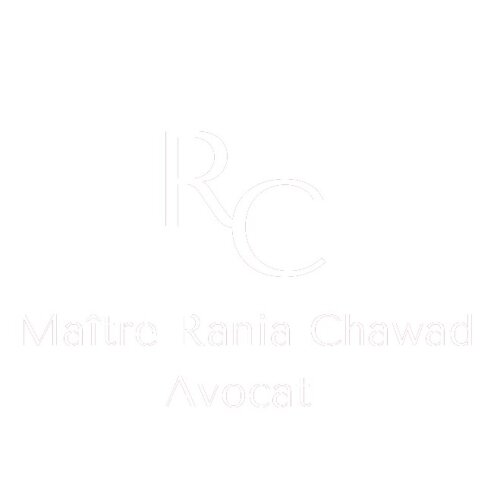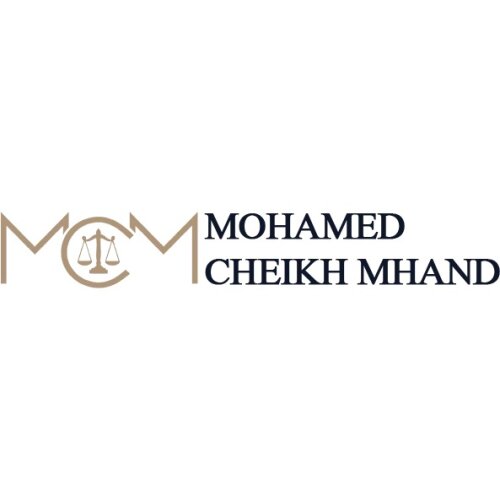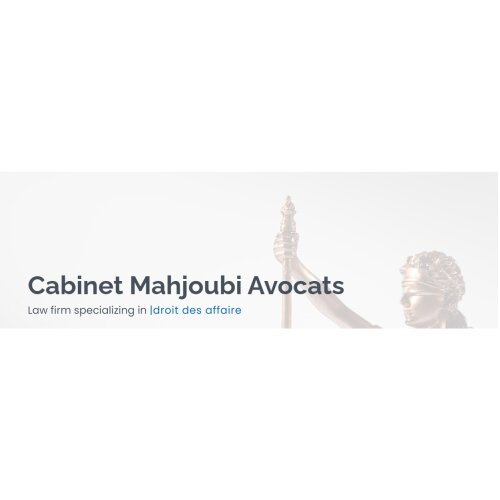Best Oil, Gas & Energy Lawyers in Tangier
Share your needs with us, get contacted by law firms.
Free. Takes 2 min.
List of the best lawyers in Tangier, Morocco
About Oil, Gas & Energy Law in Tangier, Morocco:
Oil, gas, and energy play a crucial role in the economy of Tangier, Morocco. The industry is regulated by specific laws and regulations to ensure fair practices and environmental protection. Understanding the legal framework is essential for companies and individuals operating in this sector.
Why You May Need a Lawyer:
There are various situations where you may require legal assistance in the oil, gas, and energy sector. These include negotiating contracts, resolving disputes, complying with regulations, handling environmental issues, and dealing with government agencies. A lawyer can help safeguard your rights and guide you through the complex legal process.
Local Laws Overview:
In Tangier, Morocco, the oil, gas, and energy sector is governed by laws that cover exploration, production, transport, and distribution of resources. The key aspects include licensing requirements, environmental regulations, taxation, and government oversight. It is crucial to abide by these laws to operate legally in the industry.
Frequently Asked Questions:
1. What are the licensing requirements for oil and gas exploration in Tangier?
In Tangier, companies need to obtain a license from the government to explore and extract oil and gas resources. The process involves submitting an application, meeting specific criteria, and complying with regulations set by the Ministry of Energy and Mines.
2. How are oil and gas projects regulated in terms of environmental protection?
Oil and gas projects in Tangier are subject to environmental impact assessments to ensure sustainable practices. Companies must follow guidelines to minimize pollution, protect natural habitats, and mitigate any potential risks to the environment.
3. What tax regulations apply to the oil and gas industry in Tangier?
The oil and gas sector in Tangier is taxed based on production, profits, and royalties. Companies are required to pay taxes to the government in accordance with the law to support the national economy and development initiatives.
4. How can I resolve disputes related to oil and gas contracts?
If you encounter a dispute over an oil and gas contract in Tangier, you can seek legal advice to negotiate a settlement or pursue legal action. Mediation, arbitration, or litigation may be used to resolve the issue based on the terms of the contract and applicable laws.
5. Are there any restrictions on foreign investment in the oil and gas sector in Tangier?
Foreign investment in the oil and gas sector in Tangier is subject to regulations that promote local participation and protect national interests. Companies must comply with these restrictions and obtain approval from relevant authorities to operate in the industry.
6. What are the penalties for non-compliance with oil, gas, and energy laws in Tangier?
Non-compliance with oil, gas, and energy laws in Tangier can result in fines, suspension of operations, or revocation of licenses. It is essential to adhere to the regulations to avoid legal consequences and maintain a good standing in the industry.
7. How can I stay updated on changes in oil, gas, and energy laws in Tangier?
To stay informed about changes in oil, gas, and energy laws in Tangier, you can subscribe to industry publications, attend seminars, and consult legal experts. Keeping abreast of regulatory developments is crucial for compliance and business planning.
8. What are the steps involved in acquiring land for oil and gas projects in Tangier?
Acquiring land for oil and gas projects in Tangier requires negotiation with landowners, obtaining permits from local authorities, and complying with land use regulations. Due diligence is necessary to secure the right to explore and develop the resources responsibly.
9. How are oil and gas royalties calculated in Tangier?
Royalties for oil and gas production in Tangier are calculated based on the value of the resources extracted and the terms of the production sharing agreement. The government typically receives a share of the revenue generated from the sale of oil and gas products.
10. What role does the government play in regulating the oil, gas, and energy sector in Tangier?
The government of Tangier plays a significant role in regulating the oil, gas, and energy sector by setting policies, issuing licenses, collecting taxes, and monitoring compliance with laws. Government agencies oversee the industry to promote transparency, accountability, and sustainable development.
Additional Resources:
For further information on oil, gas, and energy laws in Tangier, Morocco, you can contact the Ministry of Energy and Mines, the National Office of Hydrocarbons and Mines, or legal firms specializing in energy law. These resources can provide valuable guidance and support for your legal needs.
Next Steps:
If you require legal assistance in the oil, gas, and energy sector in Tangier, Morocco, consider consulting a qualified lawyer with experience in energy law. They can offer expert advice, representation, and solutions to help you navigate the legal complexities of the industry and protect your interests. Don't hesitate to seek professional help for your oil, gas, and energy-related legal matters.
Lawzana helps you find the best lawyers and law firms in Tangier through a curated and pre-screened list of qualified legal professionals. Our platform offers rankings and detailed profiles of attorneys and law firms, allowing you to compare based on practice areas, including Oil, Gas & Energy, experience, and client feedback.
Each profile includes a description of the firm's areas of practice, client reviews, team members and partners, year of establishment, spoken languages, office locations, contact information, social media presence, and any published articles or resources. Most firms on our platform speak English and are experienced in both local and international legal matters.
Get a quote from top-rated law firms in Tangier, Morocco — quickly, securely, and without unnecessary hassle.
Disclaimer:
The information provided on this page is for general informational purposes only and does not constitute legal advice. While we strive to ensure the accuracy and relevance of the content, legal information may change over time, and interpretations of the law can vary. You should always consult with a qualified legal professional for advice specific to your situation.
We disclaim all liability for actions taken or not taken based on the content of this page. If you believe any information is incorrect or outdated, please contact us, and we will review and update it where appropriate.















